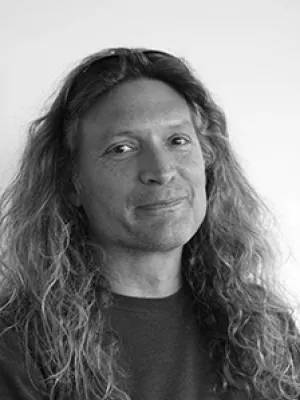
Christopher Mathieu
Associate Professor | Senior Lecturer

Different approaches to selection of surgical trainees in the European Union
Author
Summary, in English
Background: There is an increasing global interest in selection processes for candidates to surgical training. The aim of the present study is to compare selection processes to specialist surgeon training in the European Union (EU). A secondary goal is to provide guidance for evidence-based methods by a proposed minimum standard that would align countries within the EU. Methods: Publications and grey literature describing selection strategies were sought. Correspondence with Union Européenne des Médecins Specialists (UEMS) Section of Surgery delegates was undertaken to solicit current information on national selection processes. Content analysis of 13 semi-structured interviews with experienced Swedish surgeons on the selection process. Two field trips to Ireland, a country with a centralized selection process were conducted. Based on collated information typical cases of selection in a centralized and decentralized setting, Ireland and Sweden, are described and compared. Results: A multitude of methods for selection to surgical training programs were documented in the 27 investigated countries, ranging from locally run processes with unstructured interviews to national systems for selection of trainees with elaborate structured interviews, and non-technical and technical skills assessments. Associated with the difference between centralized and decentralized selection systems is whether surgical training is primarily governed by an employment or educational logic. Ireland had the most centralized and elaborate system, conducting a double selection process using evidence-based methods along an educational logic. On the opposite end of the scale Sweden has a decentralized, local selection process with a paucity of evidence-based methods, no national guidelines and operates along an employment logic, and Spain that rely solely on examination tests to rank candidates. Conclusion: The studied European countries all have different processes for selection of surgical trainees and the use of evidence-based methods for selection is variable despite similar educational systems. Selection in decentralized systems is currently often conducted non-transparent and subjectively. A suggested improvement towards an evidence-based framework for selection applicable in centralized and decentralized systems as well as educational and employer logics is suggested.
Department/s
- Endocrine and Sarcoma Surgery
- Surgery (Lund)
- Sociology
Publishing year
2021-12-01
Language
English
Publication/Series
BMC Medical Education
Volume
21
Issue
1
Document type
Journal article
Publisher
BioMed Central (BMC)
Topic
- Other Health Sciences
- Social Sciences Interdisciplinary
Keywords
- Admission
- Assessment
- Residency
- Selection
- Specialist medical training
- Surgery
- Surgical education
- Surgical training
- Trainee
Status
Published
Research group
- Endocrine and Sarcoma Surgery
ISBN/ISSN/Other
- ISSN: 1472-6920

